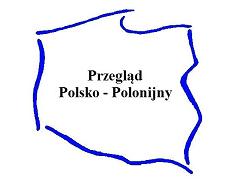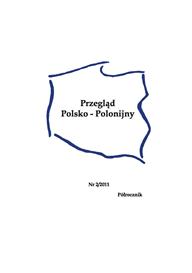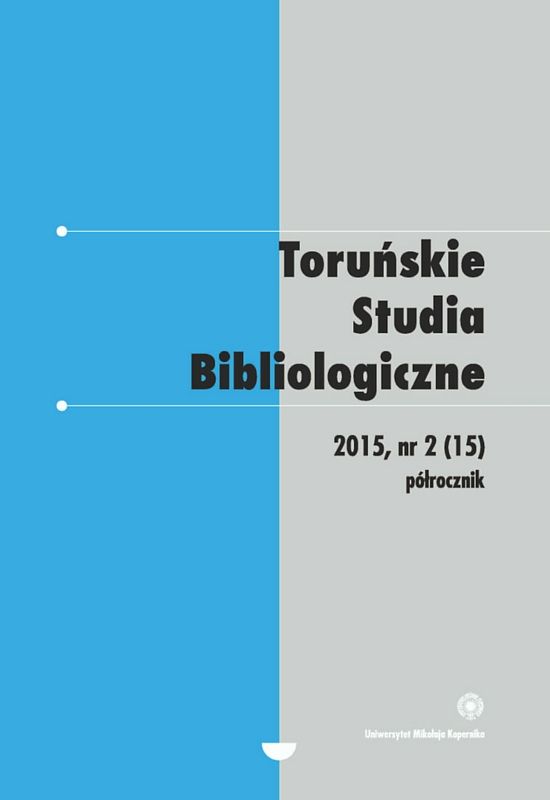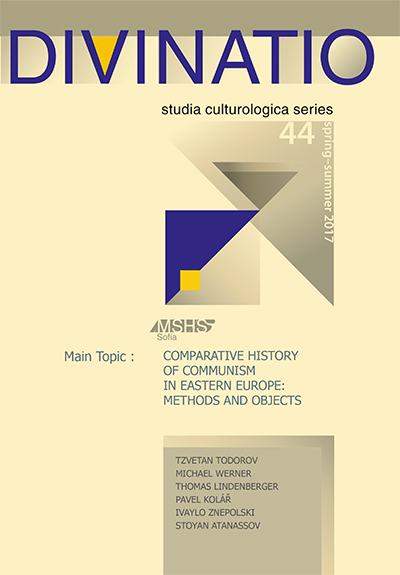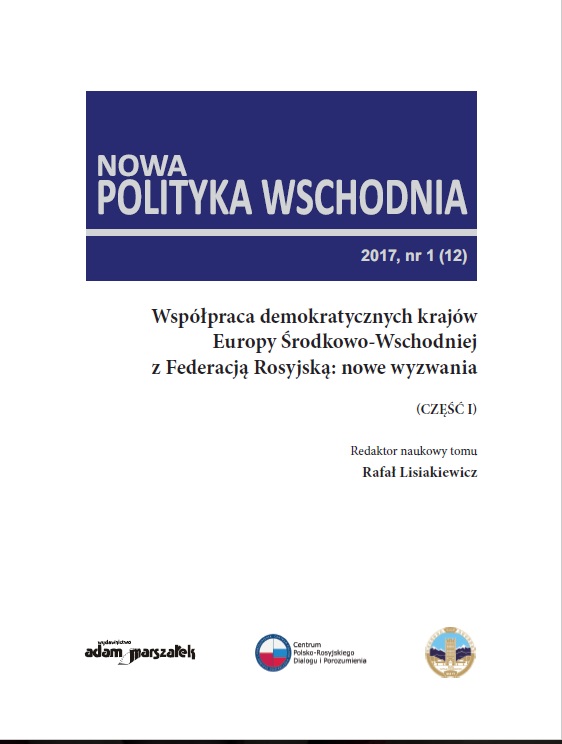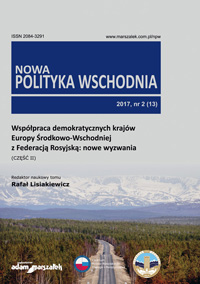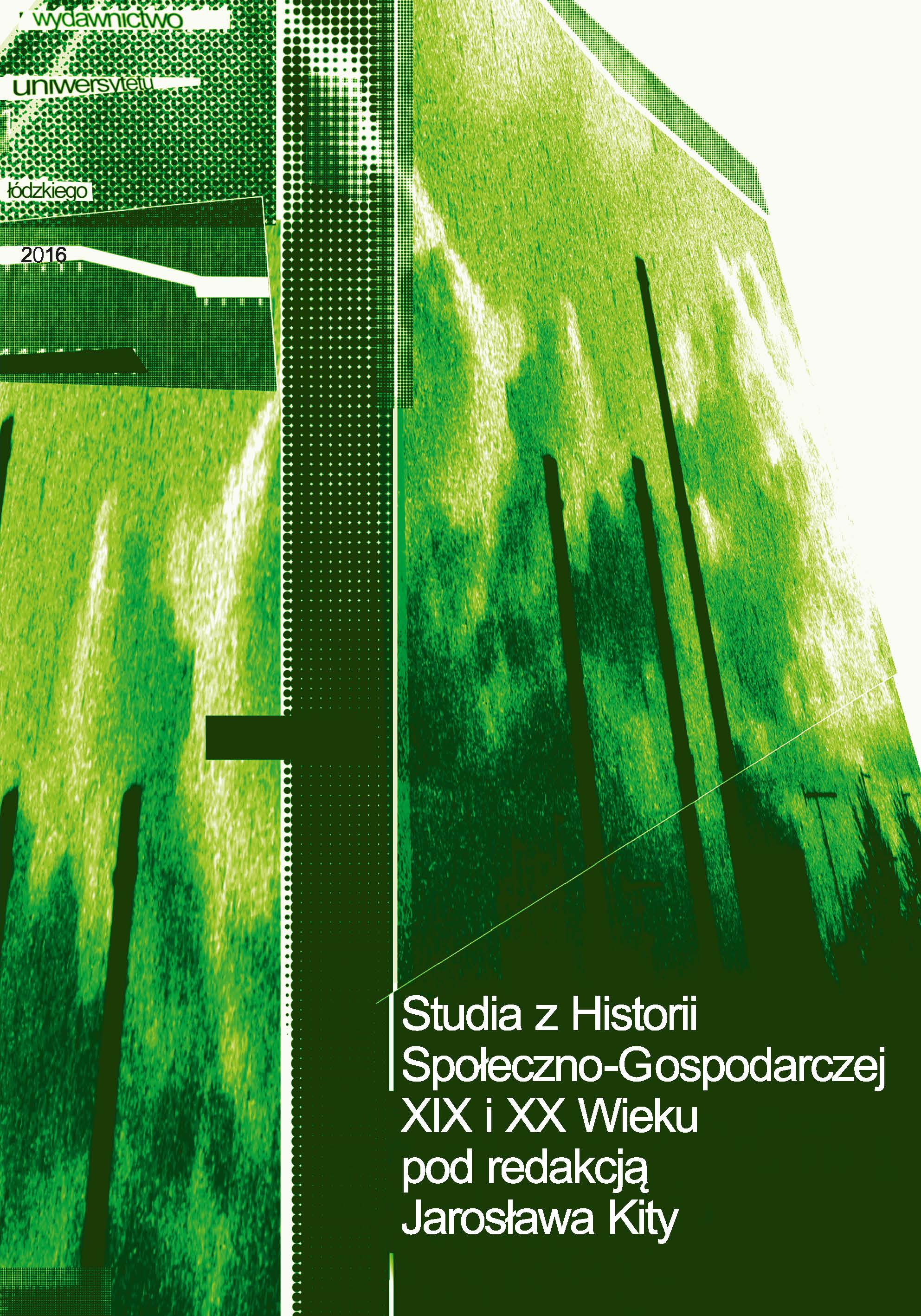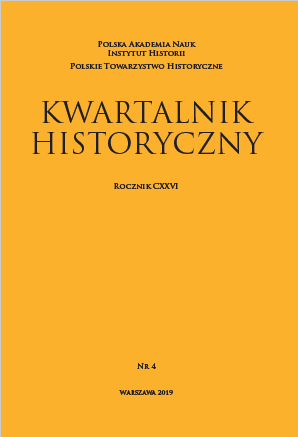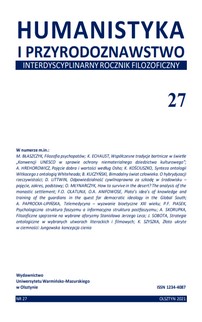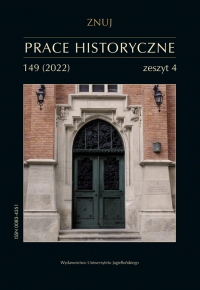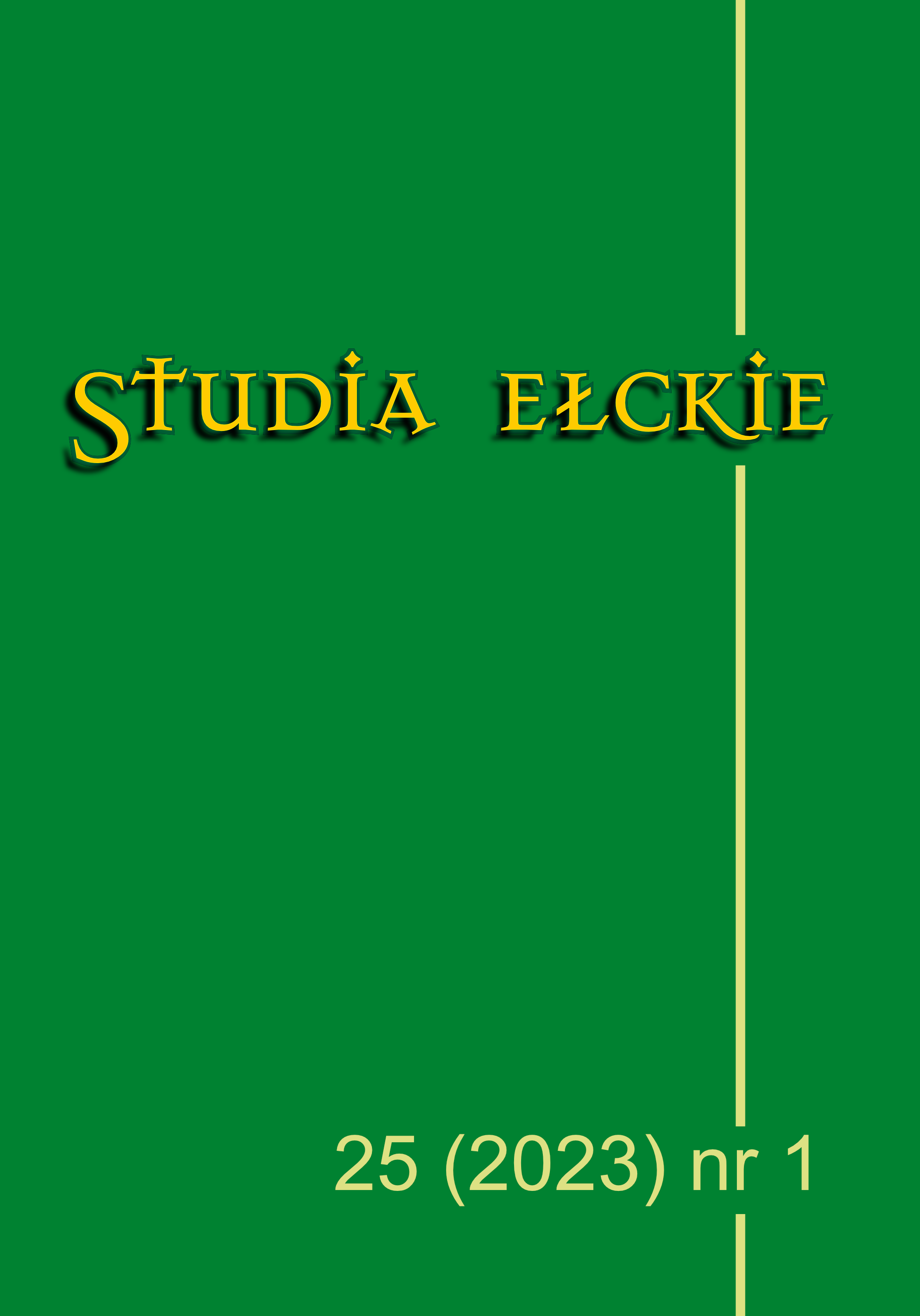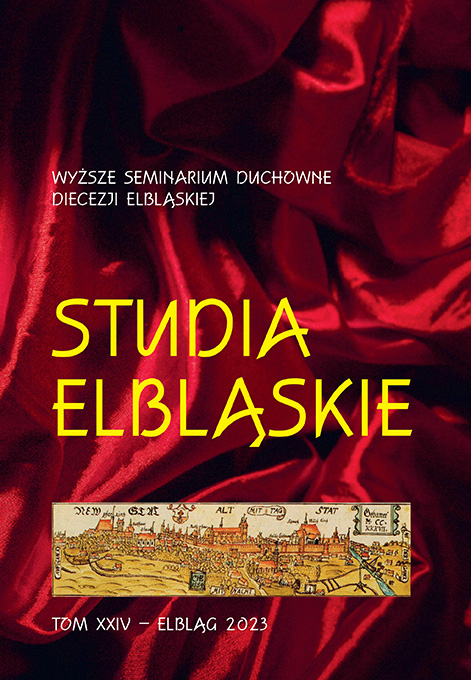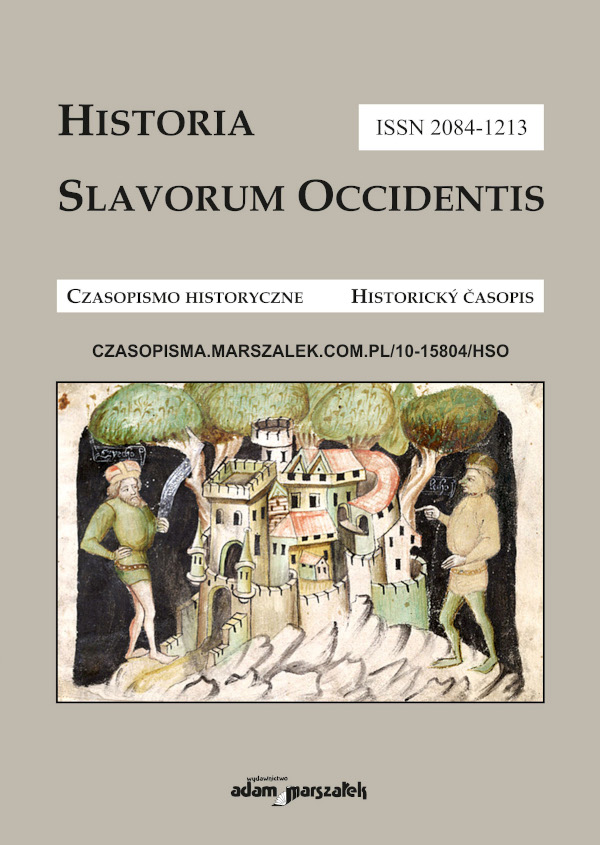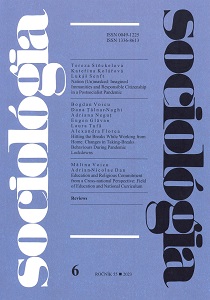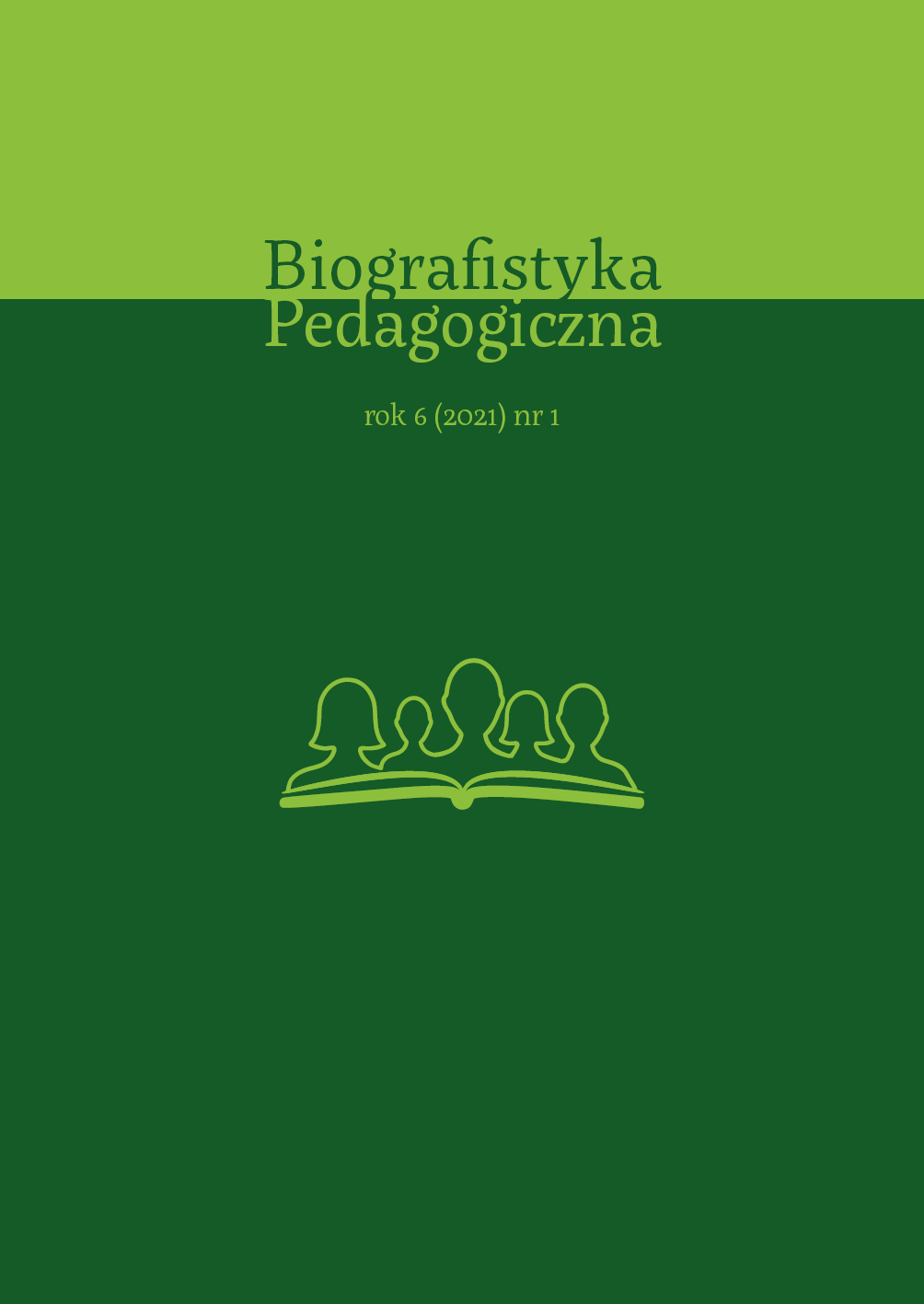Polityka eksterminacji obywateli Drugiej Rzeczypospolitej przez Trzecią Rzeszę i Związek Sowiecki w latach 1939–1945. Część I: Polityka Trzeciej Rzeszy
Author(s): Dariusz Matelski / Language(s): Polish
/ Issue: 3/2017
Keywords: Poles; Gypsies; Jews; German occupation; extermination; genocide
The Third Reich’s attack on Poland on September 1, and the Soviet Union’s on September 17, 1939 – without declaring of war – was another attempt to erase the Pol ish state from the map of Europe. Both the invaders justified their actions, with persecution of national minorities by Polish authorities. Under the German-Soviet agreement of September 28, 1939, the Polish lands were divided between the two states as a part of a secret protocol to the non-aggression treaty between Berlin and Moscow (23 August 1939), known as the Ribbentrop–Molotov Pact. Both totalitarian ideological systems: Stalinism and Nazism began to execute extermination policy against the citizens of the Republic of Poland. This policy was aimed at destroying the leadership layers of the nation, separation from national culture and tradition (in the case of Poles, also from the Roman Catholic religion) and transforming into Knechte, a cheap working-class – in the case of Germans, and a free labour force – in the case of Soviet Union. One of the basic instruments in the implementation of anti-Polish policy was an unprecedented on such a scale forced displacement of the population. As far as Germany is concerned, so far no such manifestations of anti-Polish policy has ever taken place. During the reign of the Hohenzollern (until November 28, 1918), ethnic assimilation was accomplished by the Germanisation of the population, while in Nazi rule (starting January 30, 1933) it was decided to demote the land and
ISSN 2084-3291Nowa Polityka Wschodnia 2017, nr 3 (14)
146 Art ykuły HistoriA
to displace or to murder the population. In total, during the occupied of Poland, about 1.71 million Polish citizens have been displaced by the German authorities, more than 3 million Jews were killing, as well as 0.5 a million ethnic Poles and more than 20,000 Gypsies.
More...
